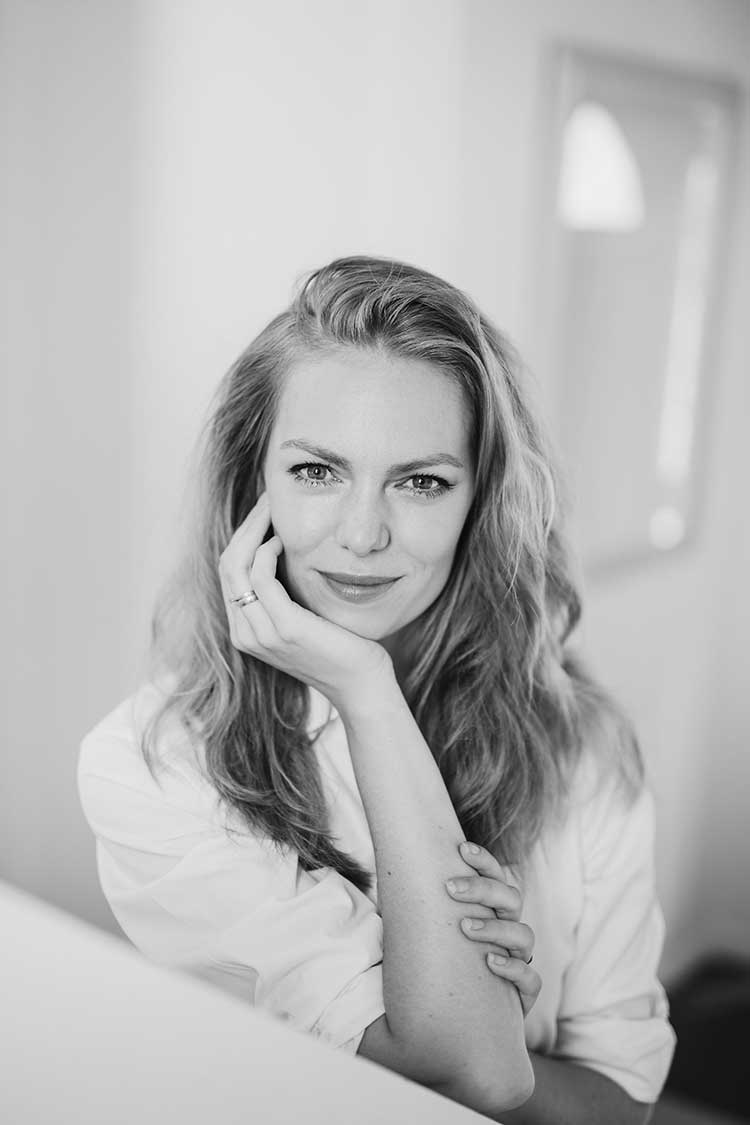
Stress has become an accepted and addictive aspect of life.
To stop stress messing with your body and brain, take a deep breath and start changing your life right here, right now.
How often do you hear yourself saying, “I’m good. Busy, but good,” when asked how you are? Do you ever say, “I’m great! Feeling really on top of everything”? In this constantly on-the-go world, being busy and stressed is often perceived as success – if you’re not stressing about work, you’re not working hard enough. To appear to be anything less than frantic may make you seem lazy or lacking purpose. We’ve accepted stress as a natural part of life.
When in a state of stress, the brain is flooded with stress hormones – adrenaline and cortisol – you get tunnel vision, become easily frustrated and increase the likelihood of having a negative reaction if conflict arises. How is it possible, then, that a stressed brain can be a functional one? Someone who understands this dichotomy is clinical psychologist Dr Chantal Hofstee. A high achiever all her life, she graduated with honours in psychology, worked three jobs and pushed herself to the point of burnout in her early twenties. It was during her post-graduate studies that she was introduced to the practice of mindfulness – a scientifically backed method that rewires the brain to improve function, not just during times of stress, but in everyday life.
“There’s a lot of research behind it,” says Dr Chantal. “It has been proven over and over again to change how the brain works, that’s what I find one of the most fascinating things – that you can rewire your brain. If you were to have a brain scan and then do six to eight weeks of practice, you would see changes on the scan, especially in the stress and fear centres of
the brain.”
At its core, mindfulness is about attitude; training yourself to be present in the moment in a kind and non-judgemental way, in order to reduce stress. After the All Blacks won the Rugby World Cup final last year, coach Steve Hansen said, “I’ve always said worry is a wasted emotion.” Kicking yourself for something that happened yesterday or worrying about what may happen tomorrow puts your brain in a state of stress, without benefit or gain.
Dr Chantal calls it, “paying attention with kindness” – using your senses to observe what’s happening around you and not thinking about the future or the past, just being in the moment. “Every time you pay attention to something with kindness, you’ve done a mindfulness exercise. But for most people, because it’s so simple, it’s also really hard,” she says.
Dr Chantal runs her mindfulness clinic, Renew Your Mind, in Auckland, teaching privately as well as working with businesses to assist in the shift towards a more stress-free environment. As a daily practitioner, Dr Chantal says she’s never been so relaxed or productive. “A lot of people think, ‘I need the stress to have the success that I want and I need the stress to have the achievements and to keep going’. I think I’m the living proof [of the antithesis] – I’ve never been so productive, I’ve never been so effective, never been so successful and I’ve never been so relaxed.”
According to Dr Chantal, there’s no right or wrong way to practice mindfulness, as long as you’re paying attention to what you’re doing, with kindness. “For some people it’s gardening, for some people it’s colouring, for some it’s yoga. Everyone has their own way into the [mindful] state and that’s great. I love my morning coffee and that’s my favourite time to practice,” she explains. “I sit, drink the coffee, taste it and just be mindful and present about what’s happening in that moment.”
Kylie Rook, a yoga instructor at Auckland’s Studio Red, practises mindfulness to silence the “negative chatter” that can arise when holding challenging poses. “If you notice yourself starting to focus on the negative chatter, just come back to the breath. The more you can focus on the breath, the more you can start to still those voices in your mind,” she explains. “It’s like using your breath to cope with pain. Your breath is really good for calming your nervous system, and when you calm your nervous system, you calm your brain, your mind and your body.”
Kylie regularly tells clients that it’s as simple as taking a moment to focus on the breath – wherever you are. “It could be when you go to the bathroom, when you’re going to the kitchen to make a cup of tea. Just notice what your breath is doing, because nine times out of 10, you’re breathing up here [in your chest], really shallow and that’s causing more agitation in your thoughts, more rumination and putting us in that unsympathetic state.”
Mindfulness takes time to master and make it a habit to reap the rewards. “It’s really hard to stop stressing. Stress is like an addiction and your brain becomes wired for it – and whatever you practice becomes stronger,” says Dr Chantal. “Not long ago, smoking was seen as being cool and now we have stress – and people see it as normal, as cool. My goal is to make stress uncool.”










